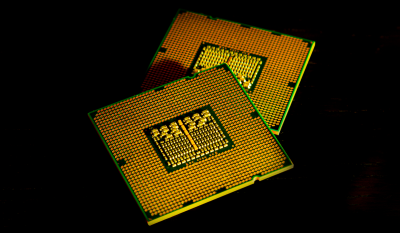Samsung Electronics Co. won about USD 6.6 billion order to provide fifth-generation wireless solutions to Verizon Communications Inc. in the US, an excellent catch for the electronics giant’s networking gear business. So, now, both Samsung and Nokia are running to win a deal to supply Verizon the 5G gear. It is an achievement for those companies also who get business from Verizon.
The regulatory filing mentioned the terms of the deal. It said that the contract was finalized recently and is valid from June 30, 2020, to December 2025. This deal is recognized as Samsung’s most significant 5G contract since Korea’s corporation decided years ago to invest in the sector of networking and compete with global players in providing telecom equipment.
“With this latest long-term strategic contract, we will continue to push the boundaries of 5G innovation to enhance mobile experiences for Verizon’s customers,” the company said in an emailed statement.
Company that failed
The largest supplier of the 5G networking gear is Huawei but is banned from supplying to the US telecom firms. The Trump administration warned the US allies not to use Huawei’s networking equipment to build their nation’s 5G networks. Among the countries that followed the warning were Japan, Australia, and the UK.
“We play a critical role in enabling Verizon’s 3G and 4G networks and continue to work with them to accelerate innovation in 5G,” the spokeswoman said. “They remain a top-three global customer.”
However, there were no further details regarding the deal with Verizon. Also, it is revealed that US carriers would experience different strategies based on their location. It is suspected that the low band signals will cover most of America while the mid-band spectrum will allow rural America to connect to 5G. In contrast, high band mmWave signals are used in urban environments where they travel for short distances but still cover a large group of people living and working in the city.
About Samsung
Samsung, a popular name in the field of memory chips and electronic gadgets, has been pushing hard to expand the market share in the 5G equipment market and investing in sixth-generation mobile networks.














